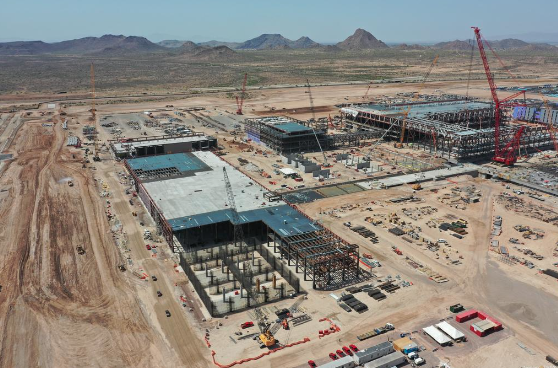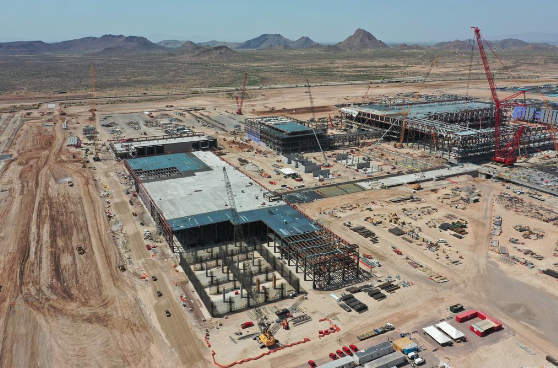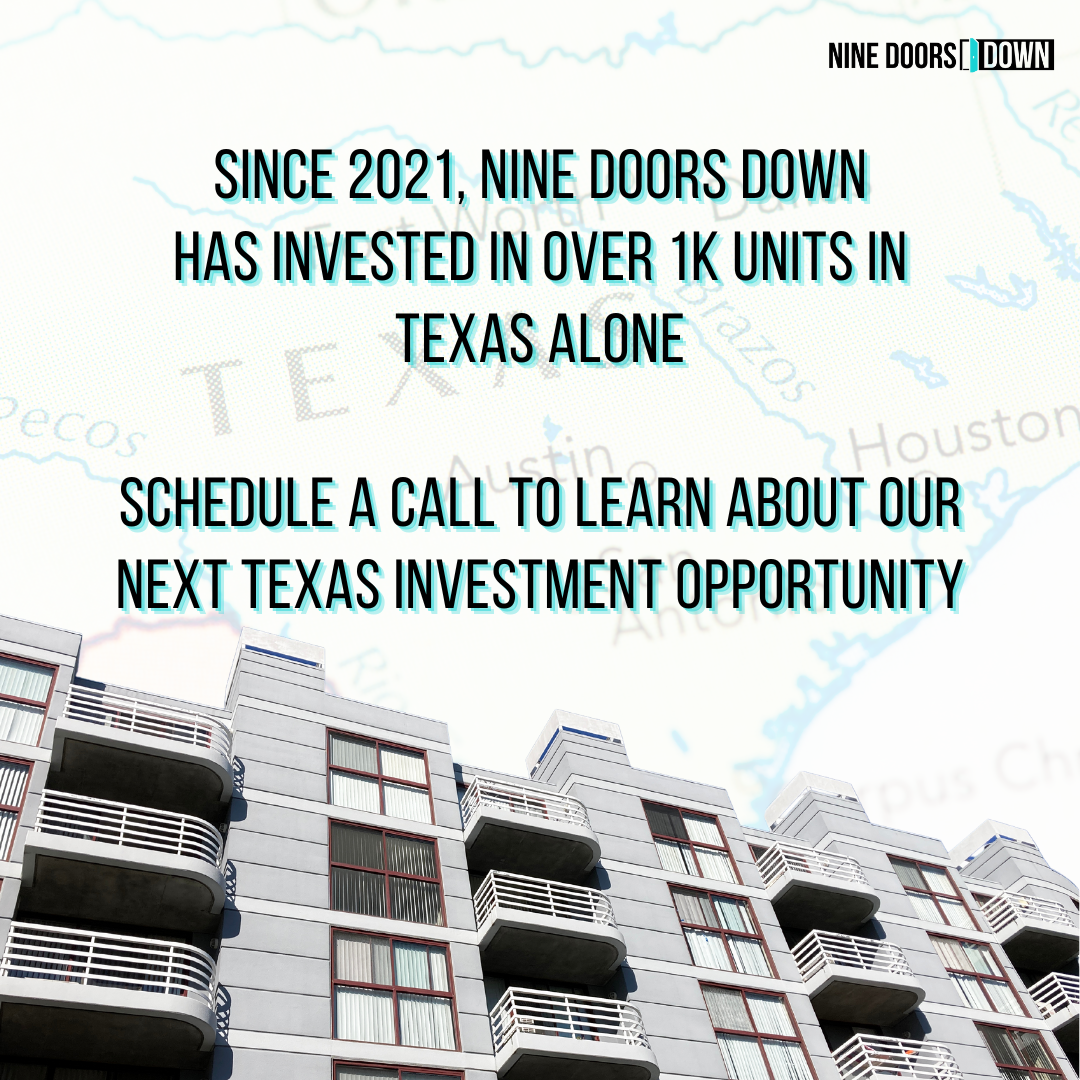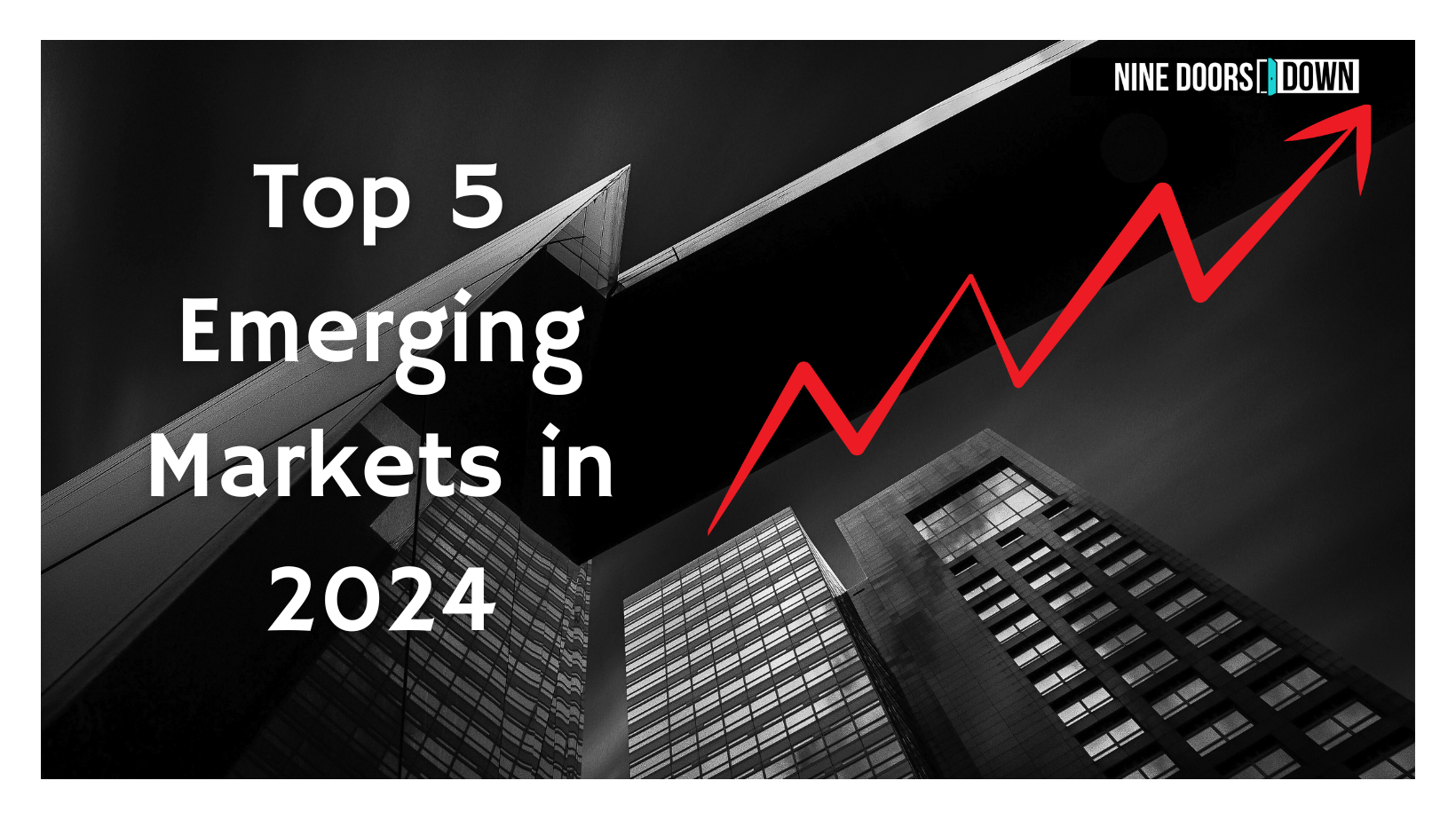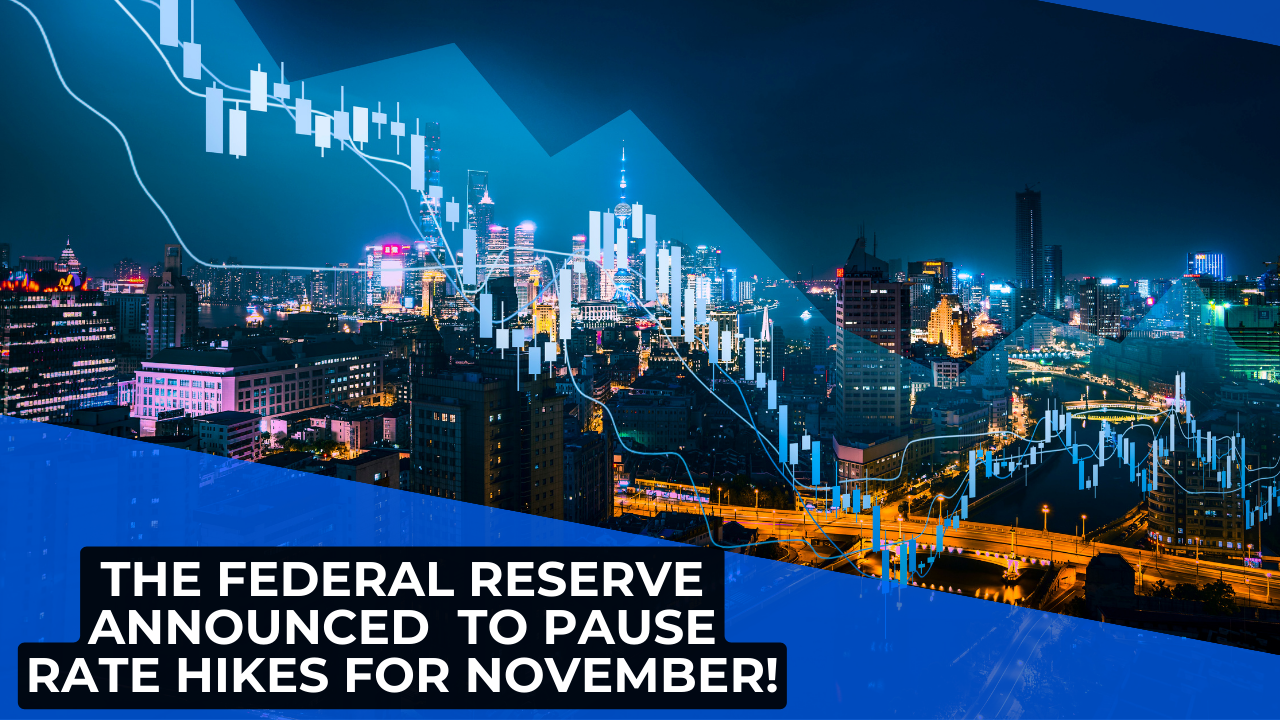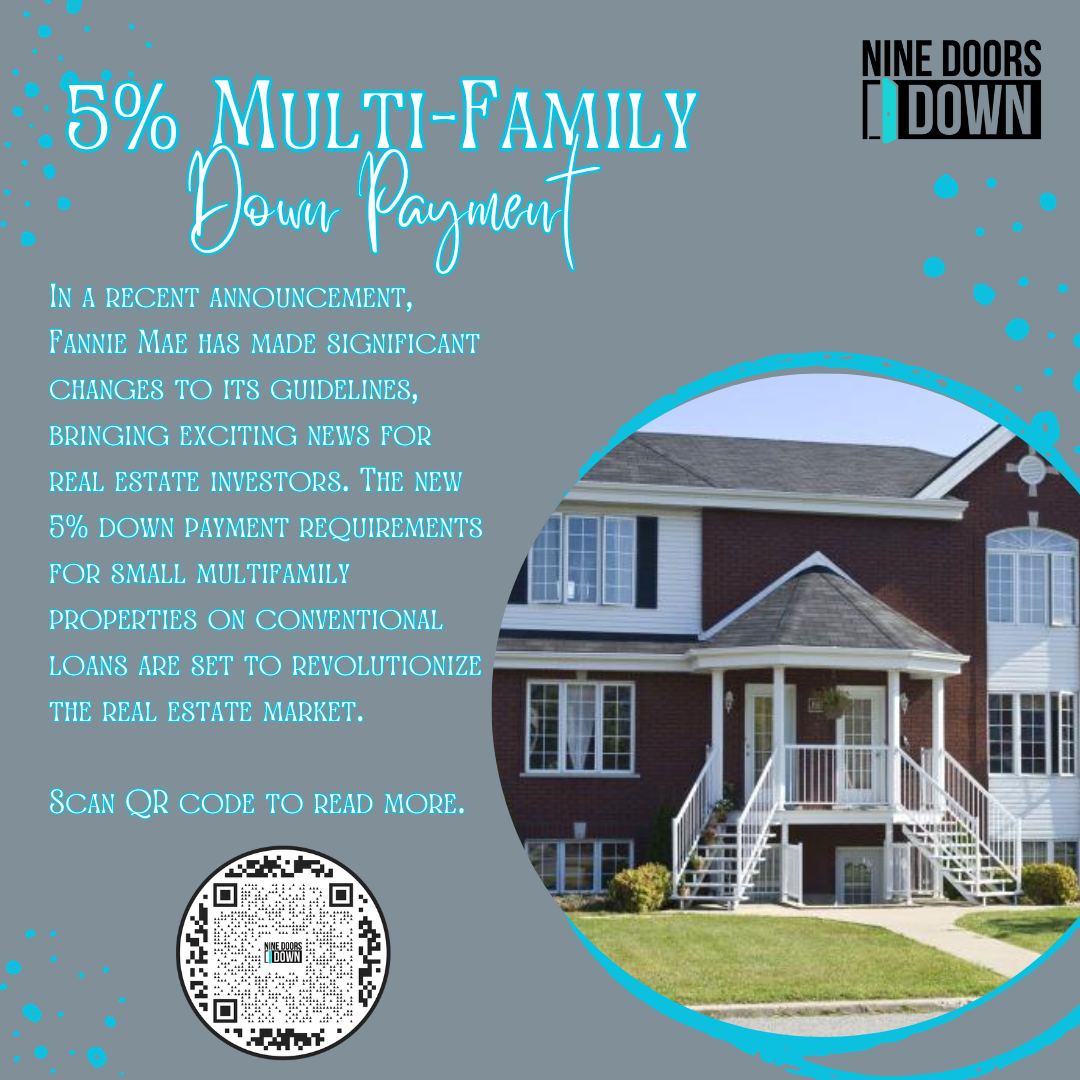During Biden’s Visit, Taiwan Semiconductor Announced the 2nd Phoenix Facility. Company Intends to Invest $40 Billion
The sizable economic investment made by Taiwan Semiconductor Manufacturing Co. in Arizona is about to increase significantly.
President Biden visited the company on Tuesday and learned of its plans to build a new facility. The president referred to the enormous complex as evidence that “American manufacturing is back, folks.”
On a site that measures nearly two miles by one mile, Taiwan Semiconductor Manufacturing initially stated it would invest $12 billion in the complex. However, the company commemorated the event by announcing it would more than triple its commitment to $40 billion.
That would be the biggest private sector investment ever made in the state as well as one of the biggest direct foreign investments made in any American state.
Shortly after touching down at Luke Air Force Base on Air Force One, Biden declared, “Arizona is a hub, literally a hub, for the technical change that will take place.” The state of Arizona will greatly benefit from this.
The first trip Biden made to the state as president was to TSMC. TSMC also disclosed plans to start producing advanced, smaller 3-nanometer chips at that new factory, or fab, by 2026 during the occasion.
This indicates that TSMC will have two fabrication facilities on the property with room for four more.
Biden took a tour of the plant, which was largely still comprised of an extensive network of unfinished walls and concrete floors. He addressed a small group of construction workers before beginning his 17-minute speech. An enormous self-propelled vehicle, one of the biggest cranes in the world, was idling nearby.
The tiny brains found in a growing number of contemporary products, such as computers, cellphones, other electronic equipment, automobiles, and industrial goods are known as semiconductors or chips. Nanometer-scale manufacturers are better at packing more transistors onto each chip, running more processes, and lowering costs for consumers. Aerospace, clean energy, and artificial intelligence are some of the sectors that utilize or are anticipated to use the most cutting-edge technology.
Dignitaries — and customers — included Apple CEO Tim Cook
The event, which took place in the late morning and early afternoon at the site near 43rd Avenue and West Dove Valley Road, was attended by executives from some of TSMC’s most prominent suppliers and customers. Among the dignitaries was Tim Cook, the CEO of Apple, who expressed excitement about increasing his company’s collaboration with TSMC, the supplier of chips for several of Apple’s well-known products, including iPhones and Macs.
Morris Chang, the founder of TSMC, briefly explained how his company opened a factory in southern Washington state in 1995 but finally closed it due to cost overruns and issues with people and culture.
We did draw lessons from our mistakes, and we are now much more prepared, added Chang.
In a time when free trade is somewhat threatened, Chang claimed that the project will aid in fostering bonds between the two countries.
Sanjay Mehrotra, the CEO of Micron Technology, and Jensen Huang, the CEO of NVIDIA Corp., were also there.
U.S. Commerce Secretary Gina Raimondo, Sen. Mark Kelly, Governor Doug Ducey, Governor-elect Katie Hobbs, Phoenix Mayor Kate Gallego, and several members of Congress from Arizona, including Ruben Gallego, Ral Grijalva, Tom O’Halleran, and Greg Stanton, along with former Rep. Gabby Giffords, were among the political and governmental leaders who attended. Except for Ducey, all of the politicians are Democrats, like Biden.
At a conversation about semiconductors held in September at the Tempe research park of Arizona State University, Raimondo participated alongside Kelly and other local commercial, academic, and political leaders.
Biden touts various benefits of CHIPS Act
The president mentioned how laws, such as the CHIPS & Science Act, which he supported, promoted the new TSMC investments. Once the government announces funding criteria in the first quarter of 2023, TSMC might be eligible for federal subsidies under that legislation. The complex in north Phoenix was committed to be built by the firm, according to Dr. Mark Liu, chairman of TSMC, but he said the new legislation pushed the company to grow.
He proclaimed, “This fab will be the greatest fab in the United States,” adding that it will squander less energy and water and produce fewer airborne pollution.
By having a relatively low unemployment rate and encouraging job growth, according to Biden, Arizonans as a whole are benefiting from his economic policies. This includes working families from disadvantaged backgrounds, he added. For instance, the National Telecommunications and Information Administration announced in August that it will be investing $105 million in high-speed internet projects in Arizona tribal regions.
Two Arizonans were mentioned by the president as people who are gaining from his economic initiatives. One of them is Patricia McKinley, an African American who runs the tiny trucking business Khavl Transport and employs five people. The other is Paul Sarzoza, owner of Verdel Cleaning and a client of TSMC.
Biden emphasized that the TSMC complex and other nearby facilities, like as a new taxiway at Sky Harbor International Airport, are being built with the aid of union labor.
While he was president, Arizona and metro Phoenix also had rising interest rates that caused a downturn in the property market. Additionally, greater Phoenix’s inflation rate was higher than that of any other significant U.S. metro region for the majority of 2022.
There are still little facts available regarding potential additional difficulties brought on by the TSMC investments, like as the huge fabs’ water use. Due to impending Colorado River reductions, water supplies in particular are becoming more scarce both here and throughout the Southwest. The business intends to reuse water during various stages of production and for additional purposes.
In reality, TSMC announced that it is preparing an on-site industrial water reclamation facility, which it claims will produce almost no liquid discharge.
Dr. Mark Liu, chairman of TSMC, said in a prepared statement that once it is finished, “TSMC Arizona will be the greenest semiconductor manufacturing facility in the United States producing the most cutting-edge semiconductor-process technology in the country, enabling next generation high-performance and low-power computing products for years to come.”
Part of broad industrial strategy for U.S.
Biden explained how the CHIPS & Science Act-centered national economic plan, as well as the TSMC complex and semiconductors in general, fit together. One objective is to provide consistent, dependable federal support that could inspire private sector investments from domestic and international companies.
More jobs will result from the most recent announcement. At its north Phoenix site, TSMC initially intended to hire roughly 2,000 people, but that number may increase to 4,500 if the second phase is included. In addition, there are thousands of jobs in construction and associated fields.
Another objective of the Act and Biden’s industrial policy is to guarantee a steady supply of semiconductors. During the COVID-19 pandemic, a chip scarcity caused some manufacturing activity, including the creation of cars, to slow down.
Arizona is attracting investments
Other businesses have recently made significant investments in Arizona as well, with Intel’s Chandler campus currently undergoing a $20 billion semiconductor expansion.
The new TSMC projects are set to eclipse the Intel expansion, which was touted as the greatest private sector investment in Arizona history.
Asserting that U.S. manufacturing is experiencing a resurgence under his leadership, Biden spoke about how his broad economic policies might result in $3.5 trillion in combined private- and public-sector investments over the next ten years.
Other recent corporate investments in the Phoenix area mentioned by Biden include a $1.2 billion lithium-ion battery facility in Buckeye that KORE Power announced.
